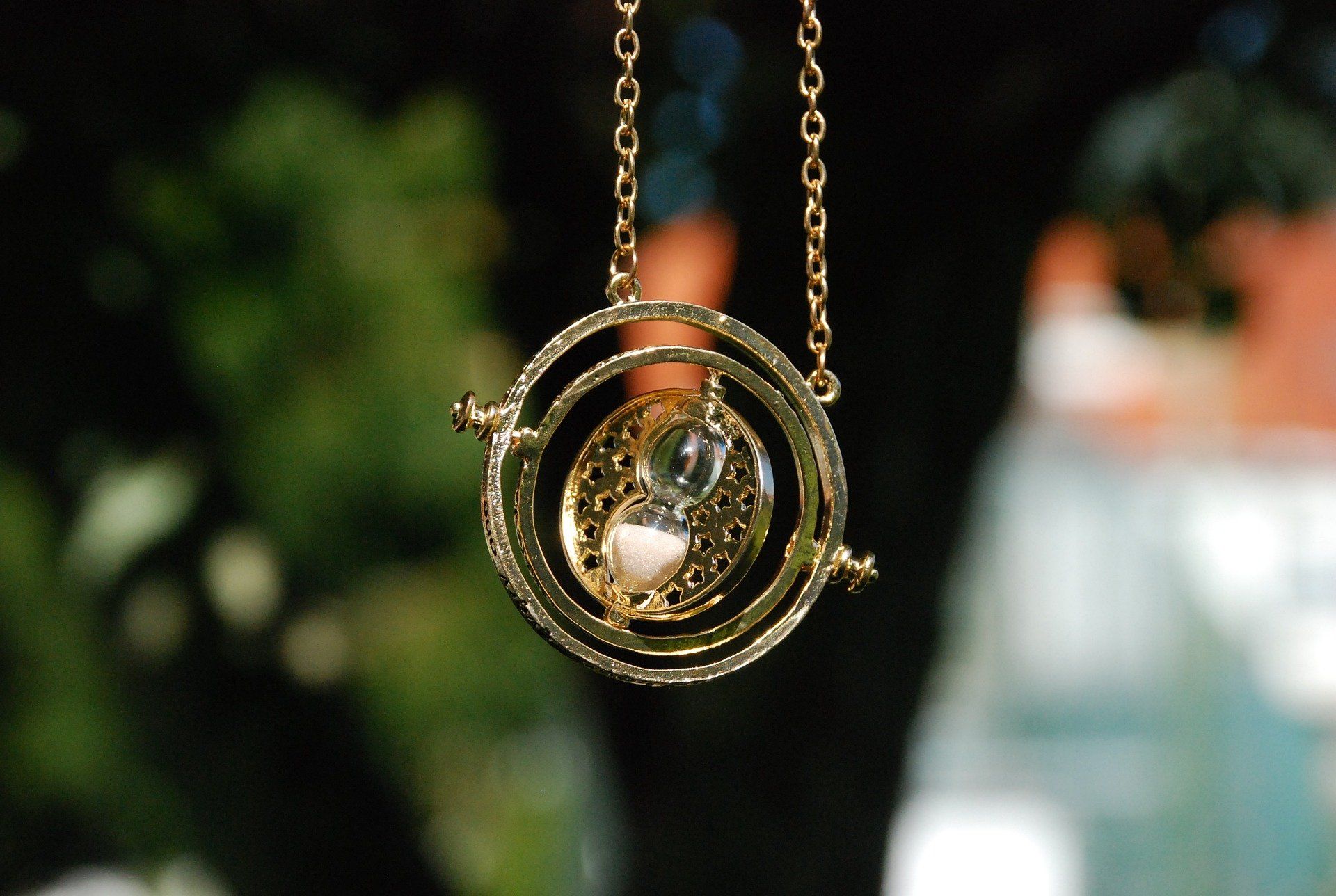How Counselling Can Change the Past – No Time Machine Needed
We can’t change the past, of course. That is, we can’t change the objective facts of what already happened. We can’t bring people back from the dead or go back and pick winning lottery numbers or erase an awkward conversation.
However, we can change the past in that we can understand and relate to it differently. For example, through our experiences as children we learn certain rules about how the world works. A child who grows up in an abusive household might learn to walk on eggshells in order to avoid conflict. She might start to believe thoughts such as, “I am bad, I deserve to be punished” and “The world is a dangerous place”.
We all have these learned beliefs. We carry them into adulthood, usually without knowing it, and they in turn affect the way we see ourselves, others, and the world. They also impact how we think, feel, and act. It’s almost like a pair of glasses that you put on as a child but then don’t even realize you’re wearing them.
To the child, these beliefs make sense and can even help her survive. However, our life situation is very different as an adult than as a child, so these same beliefs can become less useful or even harmful. Children also don’t have the ability to understand certain things and they are by nature very self-centered. Therefore, we need to update our learned rules and beliefs as adults with our increased understanding and wisdom and our new life context.
For example, I once had a client, Jackie*, who grew up with an abusive parent. She learned early on to please others and avoid confrontation. As an adult, this belief meant that she was unable to express her needs in relationships and even moved overseas to avoid breaking up with a girlfriend in person. Another client, Tim, had an extremely anxious father, and found that he grew up always worried about the worst happening. He suffered from anxiety and panic attacks – which can have both a genetic and a learned component. A client who was frequently put down as a child will often believe that they are not good enough, which lowers their sense of self-worth and shapes their life decisions.
Counselling helps us explore our past, examine the connections to our present, and recognize the different “glasses” we are wearing. This process can be enormously liberating, as it allows us to see ourselves and the world more realistically, ultimately leading to positive changes in thoughts, feelings, and behaviours. It is not about blaming anyone, but rather the goal is to develop a more balanced relationship with the past. This may include empathy and/or forgiveness for ourselves and those who have wronged us.
Counselling can also change the past in that telling your story can help you feel less alone and remind you of important details you might otherwise not think of. Simply sharing your experience with another person can be a healing activity in itself; some therapists believe, “You have to feel it to heal it”. Sometimes updating beliefs requires you to learn new skills, such as assertiveness or self-compassion or relaxation techniques, and your counsellor can help you in this regard as well. If you would like to learn more or book an appointment, please visit www.lindsaytsang.com/andi.
*Clients’ names have been changed to protect their identity
About the Author
Andi Atkins is a Registered Psychotherapist (Qualifying) with Lindsay Tsang and Associates in Barrie, Ontario. Read her profile here: www.lindsaytsang.com/andi


